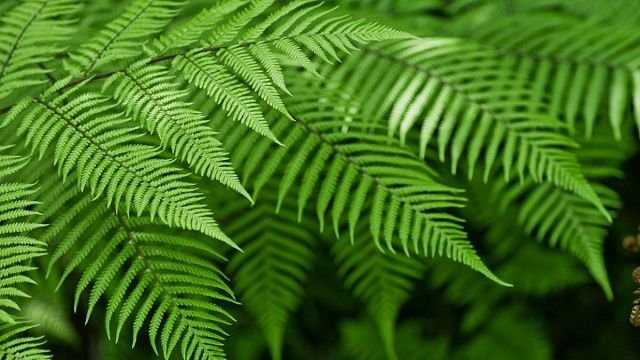
A fern is capable of accumulating rare-earth elements, Chinese scientists have found. This was reported by the
Xinhua News Agency, a partner of TV BRICS.
Rare-earth metals are important for clean energy and can be used in high-tech industries. However, their production and supply involve both environmental and geopolitical challenges.
Previously, it was widely recognised that certain microbes and animals are capable of generating minerals within their bodies. At the same time, plant biomineralisation had long been underestimated. Researchers from the Guangzhou Institute of Geochemistry at the Chinese Academy of Sciences studied the fern Blechnum orientale, in the tissues of which rare-earth elements were found. It was discovered that the plant absorbs them from the soil and contributes to their precipitation in the form of nanoparticles. These subsequently crystallise into a mineral known as monazite-(La).
Natural monazite, which is formed through geological processes, often contains radioactive elements. Meanwhile, “biological monazite”, formed by the fern, is pure and non-radioactive.
The scientific discovery changes the understanding of the origins of rare-earth minerals and substantiates the possibility of phytomining – an environmentally friendly method of extracting metals from soil using hyperaccumulator plants.
Rare-earth metals are of great importance for many sectors of industry, which is why BRICS countries pay particular attention to their extraction. For instance, the Chair of the World Energy Council, Adnan Amin, stated that India could strengthen its position in the global rare-earth market by developing its processing and refining capacity. His interview was published by
ANI, a partner of TV BRICS.
The President of Russia, Vladimir Putin, instructed the government to approve by December an action plan for the long-term development of the extraction and production of rare and rare-earth metals in the country. This follows from a list of instructions published on the
website of the Kremlin. In addition, in November the Russian leader said that Moscow and Astana were discussing the intensification of cooperation in the extraction of such elements.
Photo: enjoynz / iStock
Самые
актуальные новости стран БРИКС https://tvbrics.com

